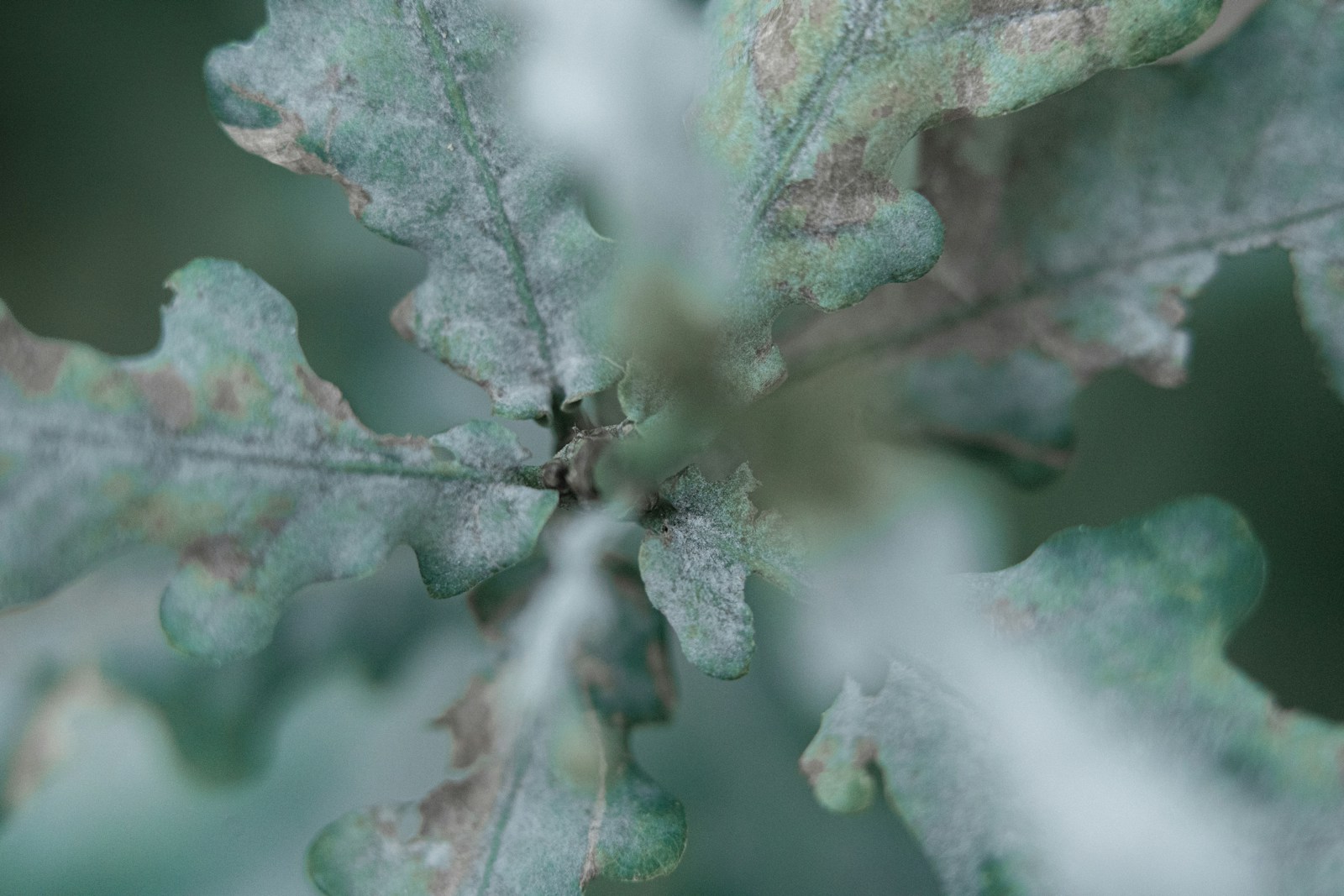
les deux

both
In French, 'les deux' is used to express 'both' or 'the two'. It is used when referring to two things or people already mentioned and indicates that the statement being made applies to both of them. For instance, 'Je aime les deux' means 'I like both'.
Example sentences using: les deux
J'aime les deux couleurs.

I like both colors.
The phrase uses 'les deux' to express liking for both options - in this case, colors, showing equality of preference.
Les deux chiens sont mignons.

Both dogs are cute.
The phrase uses 'les deux' to refer to both entities in the subject - in this case, dogs. It's a way of inclusively addressing both without specifying one over the other.
Ils ont les deux réussi.

They both succeeded.
The phrase uses 'les deux' to indicate that both entities - in this case, people, have achieved success. The position of 'les deux' after 'ont' is common in French.
Nous allons visiter les deux pays.

We are going to visit both countries.
The phrase uses 'les deux' to express the intention of visiting both entities present - in this case, countries.
Les deux garçons doivent faire leur devoir.

Both boys must do their homework.
The phrase uses 'les deux' to indicate the same requirement for both entities - in this case, boys. It denotes equal responsibility.
Je peux les deux conduire.

I can drive both.
The phrase uses 'les deux' to express the ability to perform the action on both objects - in this case, implying that the speaker can drive two types of vehicles or perhaps two specific cars.
Elle aime les deux livres.

She likes both books.
Here, 'les deux' is used to express liking or preference for both objects, in this case the two books.
Les deux femmes sont belles.

Both women are beautiful.
The phrase 'les deux' in this context indicates both entities - women, possess the same attribute - beauty. This is a way of expressing equal admiration for both.
Je vais prendre les deux desserts.

I'm going to take both desserts.
The phrase uses 'les deux' to express the decision or action towards both options present - in this case, desserts.
Vous devez respecter les deux règles.

You must respect both rules.
The phrase uses 'les deux' to indicate that both entities - in this case, rules, should be respected. It effectively highlights the importance of each rule.